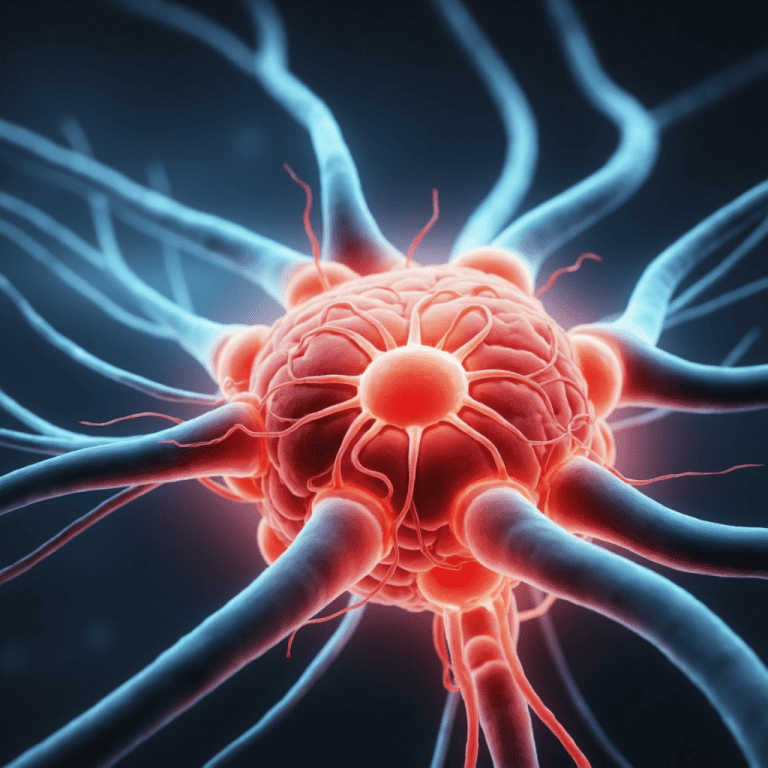Welcome to our capillaries quiz! Capillaries are tiny blood vessels that connect the smallest arteries to the smallest veins in our bodies. They play a crucial role in delivering oxygen and nutrients to our tissues and removing waste products.
In this quiz, you’ll learn more about the structure and function of these important blood vessels.
Test your knowledge on how capillaries work and why they are essential for our bodies. See if you can correctly answer questions about how capillaries help maintain our body’s overall health and well-being.
Get ready to dive into the fascinating world of capillaries and discover just how important they are to our everyday functioning!
Play Capillaries Quiz
Instructions
- This quiz is multiple choice.
- Read each question carefully before selecting an answer.
- Choose the best answer for each question.
- You will see the missed questions with correct answers at the end of the quiz.
Quick Facts
- Capillaries are tiny blood vessels that connect arterioles and venules.
- These small blood vessels are responsible for delivering oxygen and nutrients to tissues throughout the body.
- They are so small that red blood cells can only pass through them in single file.
- They have thin walls made up of only one layer of cells, allowing for easy exchange of gases, nutrients, and waste products.
- They are found in nearly every tissue of the body, from the skin to the muscles to the brain.
- There are millions of capillaries in the human body, totaling a length of over 60,000 miles.
- They play a crucial role in regulating blood flow and blood pressure within the body.
- They also help to maintain the body’s pH balance and temperature by regulating the exchange of fluids and electrolytes.
- They can expand and contract to control blood flow to specific areas of the body based on demand.
- Damage to capillaries can lead to a variety of health issues, including poor circulation, organ damage, and even stroke.
Downloads
Study Tips
- Create a study schedule and stick to it.
- Find a quiet and comfortable study environment.
- Remove distractions such as phones and social media.
- Take breaks every 25-30 minutes to avoid burnout.
- Use active studying techniques like summarizing, highlighting, and teaching concepts to someone else.
- Practice retrieval by testing yourself with flashcards or practice quizzes.
- Stay organized with notes, study guides, and resources.
- Stay hydrated and eat brain-boosting foods like fruits, nuts, and whole grains.
- Get enough sleep to improve memory retention and cognitive function.
- Reward yourself for reaching study goals to stay motivated.
